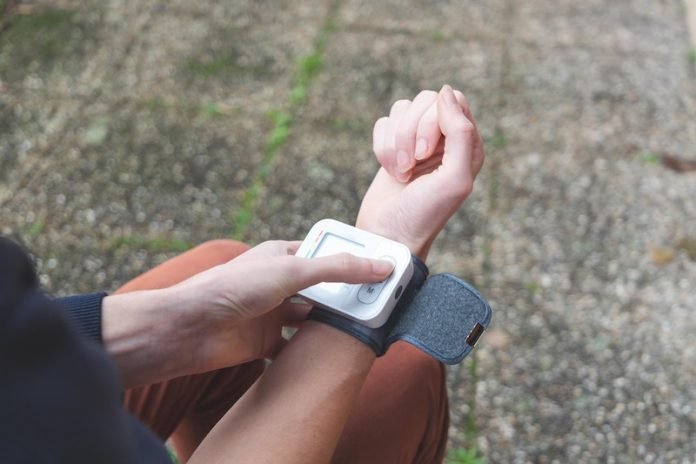
Imagine you’re a woman. When you get older, there’s a change in your body. This is called menopause.
It usually happens around age 50.
Menopause makes your body stop making two important hormones – estrogen and progesterone.
Because of this, some women may feel hot, sweaty, moody, or have trouble sleeping. These are called menopause symptoms.
Some women take hormones in a pill or cream to help with these symptoms. This is called hormone therapy. Hormone therapy also helps people change their gender or avoid getting pregnant.
About the Study
In a recent study, researchers in Canada found something new. They found out that some women who took estrogen pills to help with menopause had higher blood pressure.
Blood pressure is the force of your blood pushing against the walls of your arteries. When it’s high, it’s bad for your heart.
They looked at data from more than 112,000 women. All these women were 45 years old or older. They all had filled at least two prescriptions for estrogen therapy between 2008 and 2019.
These women mostly used two types of estrogen: estradiol and conjugated equine estrogen. Estradiol is like the estrogen that a woman’s body makes before menopause. Conjugated equine estrogen comes from animals.
What the Researchers Found
Here’s what the researchers found out. Women who took estrogen in pill form had a 14% higher chance of getting high blood pressure.
This was compared to women who used estrogen as a cream. And they had a 19% higher chance compared to women who used estrogen creams or suppositories in their vagina.
Also, women who used conjugated equine estrogen had an 8% higher chance of getting high blood pressure. This was compared to women who used estradiol.
They also found that women who took a higher dose of estrogen for a long time had a higher chance of getting high blood pressure.
What This Means for Women
Cindy Kalenga, the lead author of the study, explained what these findings mean.
She said that some types of estrogen may not increase the chance of heart problems as much as others.
She suggested using low-dose estradiol in a cream or a vaginal form for a short time. But she also said that the benefits of hormone therapy should be considered.
One important fact to remember is that menopause is a normal part of getting older. Dr. Sofia B. Ahmed, another researcher on the study, said that 80% of women have menopause symptoms.
These symptoms can last up to seven years for some women. It’s important to choose the best treatment for each woman. This should be based on what is best for her and should involve talking with her doctor.
Limitations and Future Research
The researchers also pointed out some limitations of the study. They only looked at women who took estrogen-only therapy. They did not include women younger than 45.
They also did not have information about whether these women had their uterus removed (a procedure called a hysterectomy) or whether they were actually in menopause.
In the future, the researchers plan to study more types of hormone therapy. They want to look at therapy with estrogen and progestin, and therapy with only progestin.
They also want to study how these therapies affect heart and kidney diseases.
Dr. Ahmed said that it’s important to learn more about the best treatments for women during menopause. She emphasized the need for each woman to talk with her doctor about what is best for her.
Remember, though, that hormone therapy should not be used to prevent or treat high blood pressure or heart disease.
That’s according to guidelines in both Canada and the United States. It’s all about finding the best balance of benefits and risks.
If you care about high blood pressure, please read studies about how fasting may help reverse high blood pressure, and this olive oil could reduce blood pressure in healthy people.
For more information about blood pressure, please see recent studies about why people with high blood pressure are more likely to have severe COVID-19, and results showing this 5-minute exercise can reduce high blood pressure.
The study was published in Hypertension.
Copyright © 2023 Knowridge Science Report. All rights reserved.



